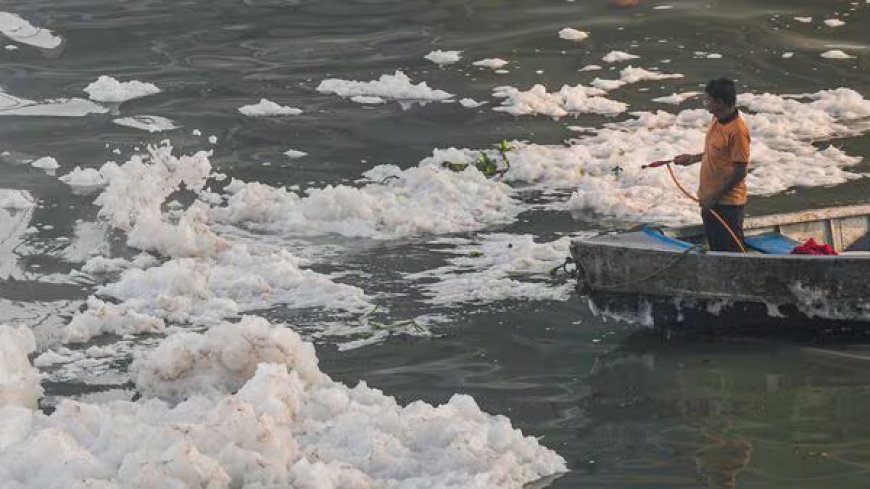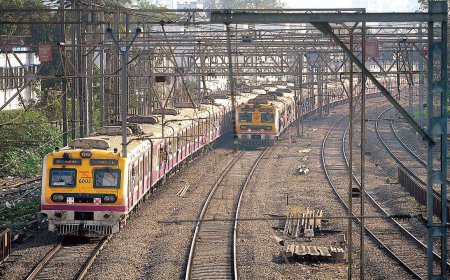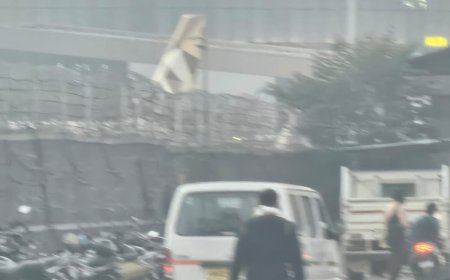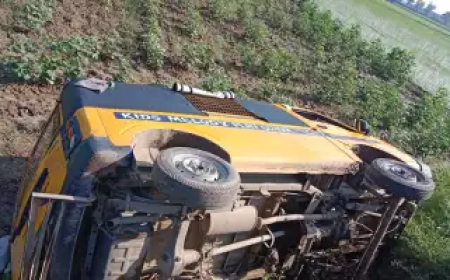In a significant ruling, the Delhi High Court has dismissed a Public Interest Litigation (PIL) seeking permission to conduct Chhath Puja rituals on the banks of the Yamuna River due to severe pollution concerns. The court cited health risks associated with the toxic condition of the river and emphasized the availability of nearly 1,000 alternative locations for the rituals.
Court Highlights Pollution and Health Risks
The PIL, filed by Purvanchal Nav Nirman Sansthan, sought to challenge the ban on Chhath Puja festivities along the Yamuna's banks. The petitioner argued that the ban, first imposed during the COVID-19 pandemic, had been re-imposed this year, preventing devotees from performing the religious ritual at its traditional locations.
However, the Delhi High Court, led by Chief Justice of Delhi, firmly upheld the ban, pointing to the critical pollution, contamination, and toxic foam issues plaguing the Yamuna River. The court underscored the health risks associated with the polluted river, citing a recent case where an individual had fallen ill and required hospitalization after taking a dip in the river.
The bench also directed the petitioner to consider over 1,000 alternative locations, all of which have been specifically designated for the Chhath Puja. These sites, the court noted, have been prepared with adequate arrangements to ensure that the ritual can be carried out safely.
Delhi Government Provides Alternatives
The Delhi government's counsel assured the court that arrangements had been made to facilitate the Chhath Puja celebrations at these designated locations. As the four-day festival began on November 5 with the traditional 'Nahay Khay' ritual, the government emphasized the readiness of alternative sites for devotees to perform their religious duties.
However, the sight of toxic foam floating on the Yamuna River near Kalindi Kunj during the festival served as a stark reminder of the ongoing pollution crisis in the capital. Despite the religious spirit of the occasion, the presence of the foam highlighted the severe environmental challenges facing the city.
Legal and Environmental Developments
This ruling follows growing concerns over pollution in Delhi, which has also been exacerbated by violations of the firecracker ban during Diwali. On November 4, the Supreme Court had reprimanded authorities for failing to enforce restrictions on firecrackers, as pollution levels in Delhi rose to 'severe' levels. The apex court directed the Delhi government and police to respond to non-compliance with its orders, reflecting the heightened urgency regarding environmental issues in the capital.
As the Chhath Puja continues, the focus remains on balancing religious traditions with the pressing need to protect public health and the environment in one of the world's most polluted cities.




 Previous
Article
Previous
Article











